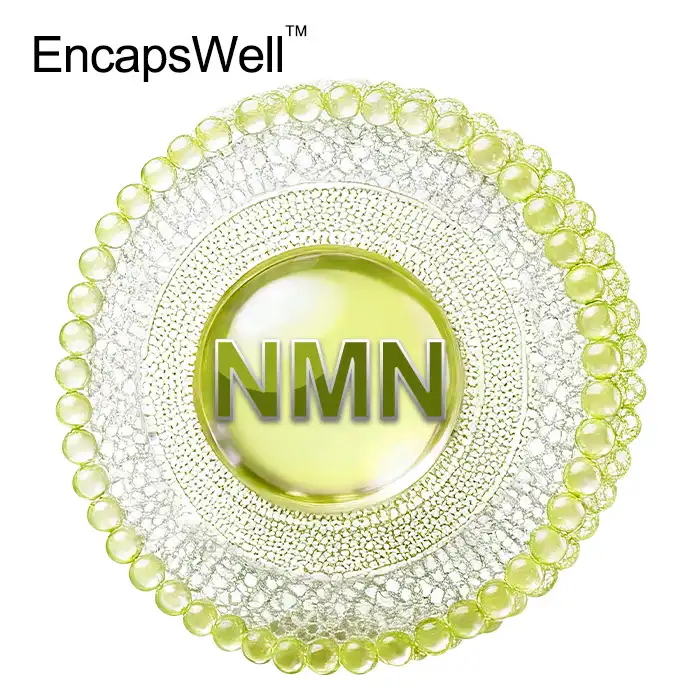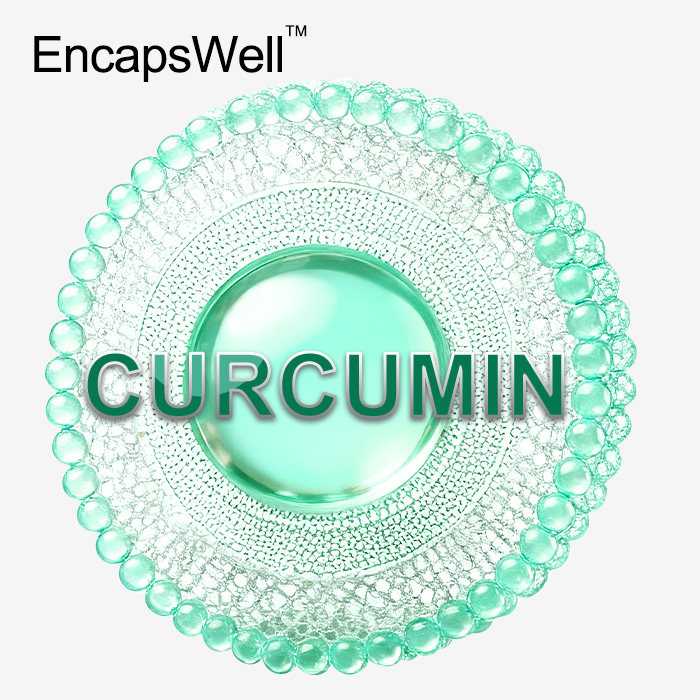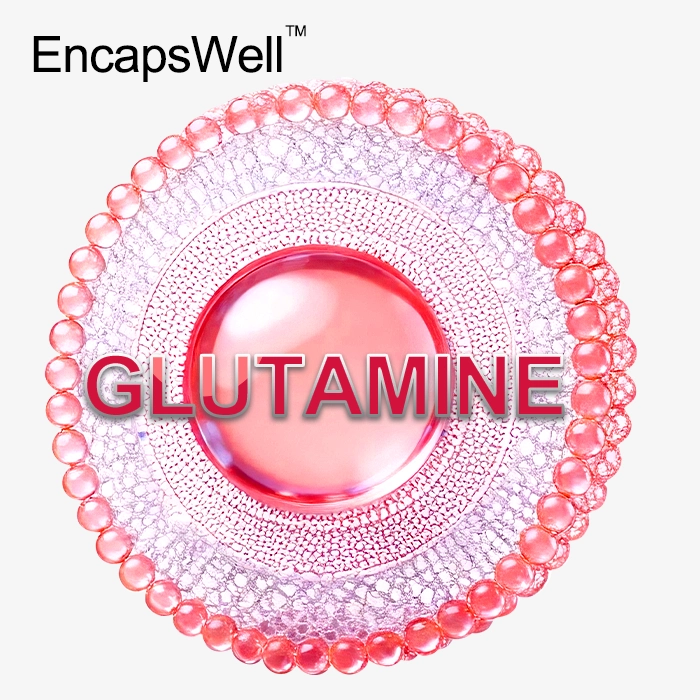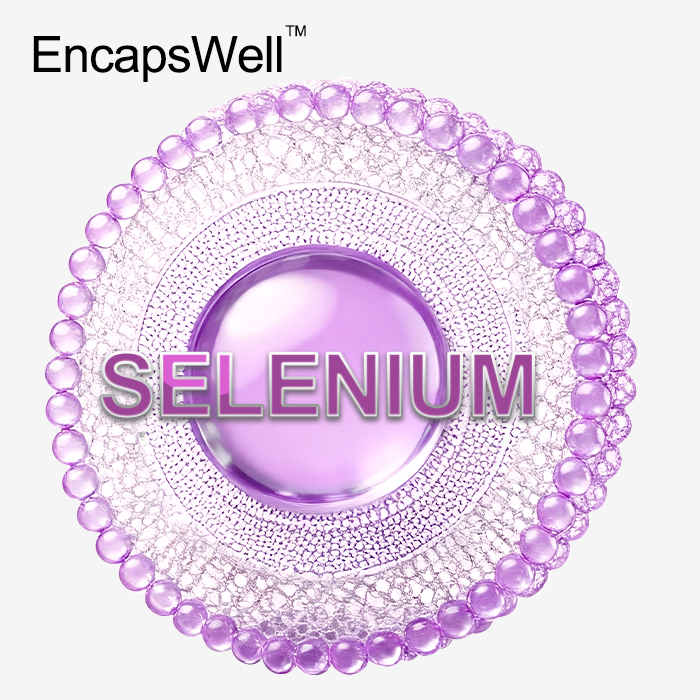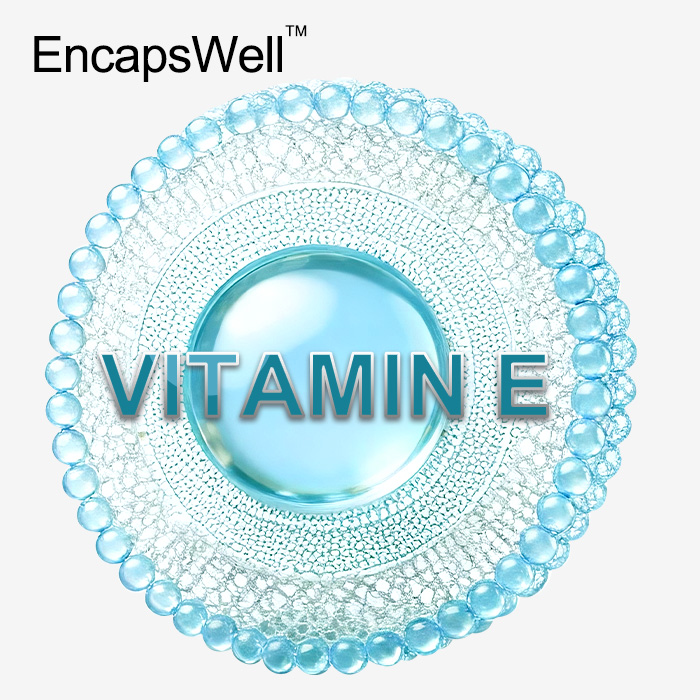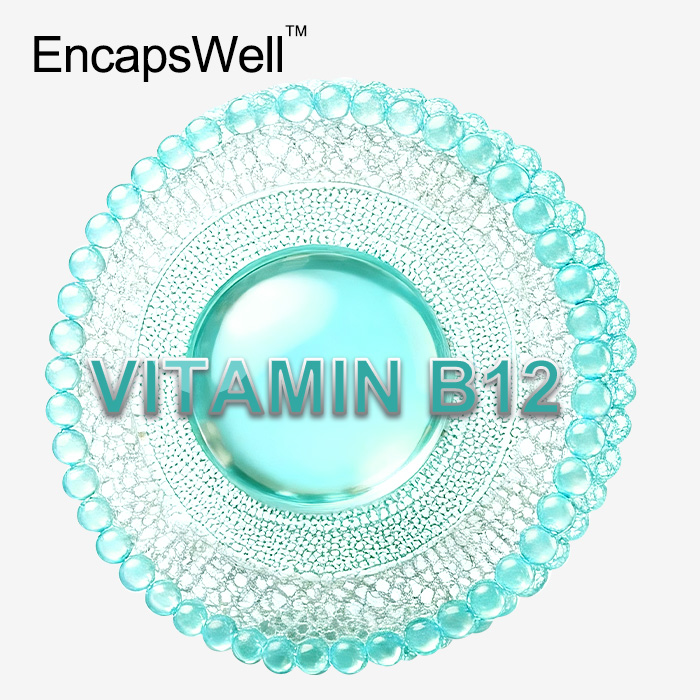The Role of Resveratrol in Activating Sirtuins and DNA Protection
Resveratrol as a Sirtuin Activator
Resveratrol, a polyphenolic compound found in grapes and certain berries, has gained significant attention for its potential to activate sirtuins, a family of proteins crucial for cellular health and longevity. Sirtuins, particularly SIRT1, play a vital role in regulating various cellular processes, including metabolism, stress response, and DNA repair. By activating sirtuins, resveratrol initiates a cascade of beneficial effects that contribute to cellular repair and longevity.
The activation of sirtuins by resveratrol leads to increased NAD+ levels, a coenzyme essential for energy metabolism and DNA repair. This boost in NAD+ availability enhances mitochondrial function, promoting cellular energy production and overall vitality. Furthermore, sirtuin activation triggers the expression of genes associated with stress resistance and longevity, potentially extending the lifespan of cells and organisms.
DNA Protection and Repair Mechanisms
One of the most significant contributions of resveratrol to cellular health is its role in DNA protection and repair. As cells age or are exposed to environmental stressors, DNA damage accumulates, leading to cellular dysfunction and accelerated aging. Liposomal resveratrol supplement's antioxidant properties help neutralize free radicals, reducing oxidative stress-induced DNA damage.
Beyond its antioxidant effects, liposomal resveratrol supplement actively supports DNA repair mechanisms. It enhances the activity of DNA repair enzymes and promotes the expression of genes involved in maintaining genomic stability. This dual action of preventing damage and supporting repair processes contributes significantly to cellular longevity and overall health.
Epigenetic Modulation for Cellular Rejuvenation
Resveratrol's influence extends to epigenetic modulation, affecting how genes are expressed without altering the DNA sequence. Through sirtuin activation, resveratrol can influence histone deacetylation, a process that regulates gene expression. This epigenetic modulation can lead to the activation of genes associated with longevity and the silencing of those linked to cellular aging.
The epigenetic effects of resveratrol contribute to cellular rejuvenation by promoting a more youthful gene expression profile. This can result in improved cellular function, enhanced stress resistance, and potentially slower aging at the cellular level. The ability of resveratrol to influence epigenetic markers offers exciting possibilities for interventions aimed at promoting healthy aging and longevity.
Liposomal Delivery and Its Impact on Cellular Regeneration Efficiency
Enhanced Bioavailability through Liposomal Encapsulation
Liposomal technology represents a significant advancement in the delivery of resveratrol to cellular targets. Traditional resveratrol supplements face challenges with poor bioavailability due to rapid metabolism and limited absorption in the gastrointestinal tract. Liposomal encapsulation addresses these issues by protecting resveratrol molecules within phospholipid bilayers, mimicking the structure of cellular membranes.
This innovative delivery system enhances the stability of resveratrol during digestion and facilitates its transport across cellular membranes. Studies have shown that liposomal resveratrol demonstrates significantly higher bioavailability compared to conventional forms, with some reports indicating up to 20 times greater absorption. The increased bioavailability translates to higher concentrations of resveratrol reaching cellular targets, potentially amplifying its beneficial effects on cellular repair and regeneration.
Targeted Delivery to Cellular Compartments
Liposomal delivery of liposomal resveratrol not only enhances overall absorption but also enables more targeted delivery of resveratrol to specific cellular compartments. The lipid bilayer of liposomes can fuse with cellular membranes, allowing direct entry of resveratrol into the cytoplasm. This targeted delivery bypasses many of the barriers faced by traditional supplements, ensuring that a higher concentration of active resveratrol reaches key cellular structures such as mitochondria and nuclei.
The ability to deliver resveratrol directly to these critical cellular components enhances its efficiency in activating sirtuins, supporting DNA repair processes, and modulating gene expression. This targeted approach maximizes the potential of resveratrol to influence cellular regeneration and longevity pathways, offering a more potent and directed therapeutic effect compared to non-liposomal formulations.
Sustained Release and Prolonged Activity
Liposomal encapsulation provides an additional advantage through its sustained release properties. As liposomes gradually break down within the body, they release resveratrol over an extended period, maintaining therapeutic concentrations for longer durations. This sustained release profile contrasts with the rapid peak and decline observed with traditional resveratrol supplements.
The prolonged activity of liposomal resveratrol ensures a more consistent influence on cellular processes involved in repair and regeneration. This sustained effect may be particularly beneficial for supporting long-term cellular health and longevity, as it provides continuous support for sirtuin activation, DNA protection, and epigenetic modulation. The steady availability of resveratrol allows for ongoing cellular maintenance and repair, potentially enhancing the overall efficiency of regenerative processes.
Long-Term Implications for Aging, Stress Resistance, and Metabolic Health
Potential for Slowing Biological Aging
The long-term use of liposomal resveratrol powder holds promising implications for slowing biological aging. By consistently supporting cellular repair mechanisms and activating longevity pathways, resveratrol may help mitigate the accumulation of cellular damage associated with aging. This could potentially lead to a reduction in the rate of biological aging, as measured by various biomarkers such as telomere length, DNA methylation patterns, and cellular senescence markers.
Research in model organisms has demonstrated life-extending effects of resveratrol, particularly under conditions of metabolic stress. While human studies are still ongoing, the enhanced bioavailability of liposomal resveratrol offers the potential for more significant and consistent effects on aging processes. Long-term supplementation may contribute to maintaining cellular vitality and function, potentially extending healthspan—the period of life spent in good health.

Enhanced Stress Resistance and Cellular Resilience
One of the key long-term benefits of liposomal resveratrol supplementation is the enhancement of cellular stress resistance. Resveratrol activates stress response pathways, including those regulated by sirtuins, which prepare cells to better cope with various forms of stress, such as oxidative damage, inflammation, and environmental toxins.
This improved cellular resilience can have far-reaching effects on overall health and longevity. Cells that are more resistant to stress are less likely to accumulate damage over time, potentially reducing the risk of age-related diseases and functional decline. The sustained activation of these protective mechanisms through long-term liposomal resveratrol use may contribute to a more robust and resilient cellular environment, better equipped to maintain health in the face of various stressors encountered throughout life.
Metabolic Health and Energy Balance
Liposomal resveratrol's influence on metabolic health represents another critical aspect of its long-term implications for aging and longevity. Resveratrol has been shown to modulate key metabolic pathways, including those involved in glucose metabolism, lipid homeostasis, and energy balance. These effects are mediated in part through the activation of SIRT1 and AMPK, key regulators of cellular energy metabolism.
Long-term supplementation with liposomal resveratrol may contribute to improved insulin sensitivity, enhanced mitochondrial function, and more efficient energy utilization. These metabolic improvements can have profound effects on overall health, potentially reducing the risk of metabolic syndrome, type 2 diabetes, and cardiovascular disease—conditions that significantly impact longevity and quality of life. By supporting metabolic health, liposomal resveratrol may help maintain a more youthful metabolic profile, contributing to overall health and longevity.
Conclusion
Liposomal resveratrol powder emerges as a potent ally in the quest for cellular repair and longevity. Through its enhanced bioavailability and targeted delivery, this innovative formulation maximizes resveratrol's benefits, from activating sirtuins and protecting DNA to modulating epigenetic factors. The long-term implications of consistent liposomal resveratrol use are profound, potentially slowing biological aging, enhancing stress resistance, and optimizing metabolic health. As research continues to unfold, liposomal resveratrol stands at the forefront of nutraceutical interventions aimed at extending healthspan and supporting vibrant, long-term wellness.
FAQs
1. What makes liposomal resveratrol powder different from traditional resveratrol supplements?
Liposomal resveratrol powder offers enhanced bioavailability through liposomal encapsulation, protecting resveratrol from degradation and improving cellular absorption.
2. How does liposomal resveratrol support cellular repair?
It activates sirtuins, supports DNA repair mechanisms, and modulates epigenetic factors, all contributing to improved cellular health and repair processes.
3. Can liposomal resveratrol powder help with anti-aging?
Yes, by enhancing cellular repair, stress resistance, and metabolic health, liposomal resveratrol may contribute to slowing biological aging and extending healthspan.
Unlock the Power of Liposomal Resveratrol for Cellular Health | EmerWell
At EmerWell, we specialize in cutting-edge liposomal supplement formulations, including our premium liposomal resveratrol powder. Our EncapsWell™ technology ensures superior bioavailability and stability, maximizing the cellular repair and longevity benefits of resveratrol. As a leading supplier and manufacturer, we offer customized OEM/ODM services to bring your innovative health products to market. Experience the EmerWell difference in liposomal supplement solutions. Contact us at info@emerwell-bio.com to explore how we can support your product development goals.
References
1. Berman, A. Y., Motechin, R. A., Wiesenfeld, M. Y., & Holz, M. K. (2017). The therapeutic potential of resveratrol: a review of clinical trials. NPJ Precision Oncology, 1(1), 1-9.
2. Smoliga, J. M., Baur, J. A., & Hausenblas, H. A. (2011). Resveratrol and health - A comprehensive review of human clinical trials. Molecular Nutrition & Food Research, 55(8), 1129-1141.
3. Pangeni, R., Sahni, J. K., Ali, J., Sharma, S., & Baboota, S. (2014). Resveratrol: review on therapeutic potential and recent advances in drug delivery. Expert Opinion on Drug Delivery, 11(8), 1285-1298.
4. Timmers, S., Auwerx, J., & Schrauwen, P. (2012). The journey of resveratrol from yeast to human. Aging, 4(3), 146-158.
5. Gambini, J., Inglés, M., Olaso, G., Lopez-Grueso, R., Bonet-Costa, V., Gimeno-Mallench, L., ... & Borras, C. (2015). Properties of resveratrol: in vitro and in vivo studies about metabolism, bioavailability, and biological effects in animal models and humans. Oxidative Medicine and Cellular Longevity, 2015.
6. Singh, A. P., Singh, R., Verma, S. S., Rai, V., Kaschula, C. H., Maiti, P., & Gupta, S. C. (2019). Health benefits of resveratrol: Evidence from clinical studies. Medicinal Research Reviews, 39(5), 1851-1891.

